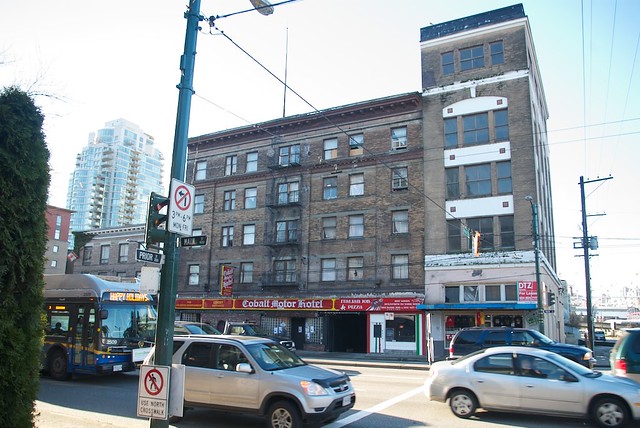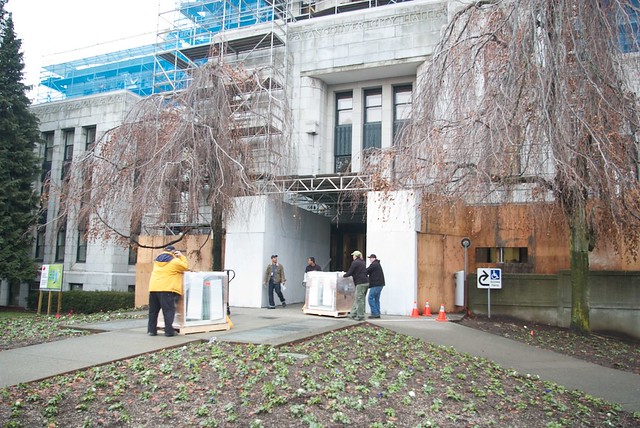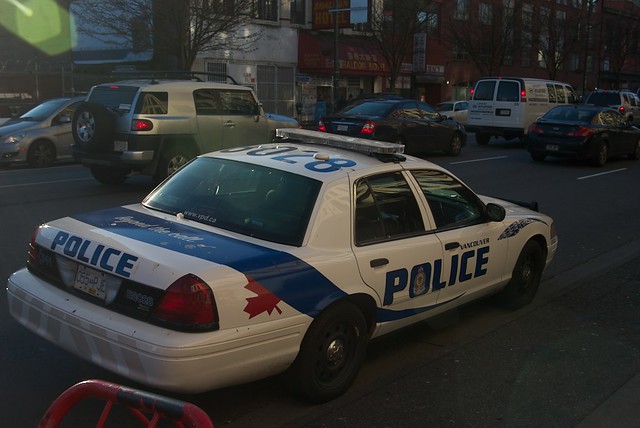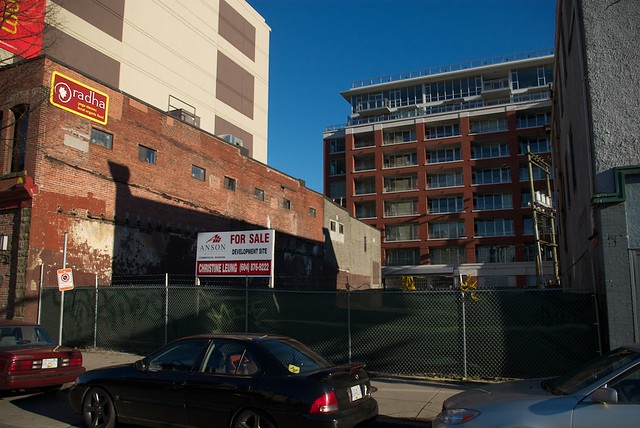BCCLA REPORT ON RCMP |
A report from the BC Civil Liberties Association has revealed what life can be like for the poor throughout rural BC. The report, entitled “Small Town Justice,” documents severe police misconduct, especially in B.C.’s North. The report also highlights racism against Aboriginal people and the use of some small towns as “training centres” for new officers with little experience. The homeless are often simply told to permanently leave town. RCMP attitudes towards the poor in rural areas is one of the factors pushing poor people to cities, where affordable housing is increasingly impossible to come by.
Confidence in the RCMP has been deteriorating for some time. Documents unveiled in June of last year revealed the Robert Dziekanski incident at the Vancouver Airport led to a “public relations crisis.” There have been several other cases of police brutality over the past year.
The RCMP’s initial response to the BCCLA report was that the community members who spoke against the police are not representative of the broader community sentiments. But the RCMP Assistance Commissioner has since accepted the report and said that the force was going to look into the problems raised by the report.
PERFORMANCE VENUES |
Vancouver City Council has made some changes to regulations that will make it easier for artists to use “non-traditional” spaces for live performances. A “centralized process” is being set up for artists to use to get liquor and events licenses, and it should become easier for artists to work their way through the City Hall bureaucracy.
The regulation changes were inspired by the argument of some that Vancouver is a “No Fun City.” A local film was released under that title last year which documents City Hall’s “war on fun” and the rise of illegal venues to save the arts. On top of the province’s severe arts cuts over the past few years, the city’s own policies have also been very prohibitive. Four venues were closed last year alone.
The major problem for Vancouver venues over the past few years has been noise complaints and gentrification. In the past, there has been a push by the City towards reinforcing Granville Street as the city’s entertainment district. This has been met with resistance by both artists and restaurant owners. A housing development is also set to open up across the street from the Biltmore Cabaret, which is one of the only larger scale venues that isn’t downtown. Richards on Richards was one of the most popular Vancouver venues for acts that don’t have enough draw to fill a stadium, but was demolished last year to make room for condos being built by real-estate developers Aquilini Investments.




